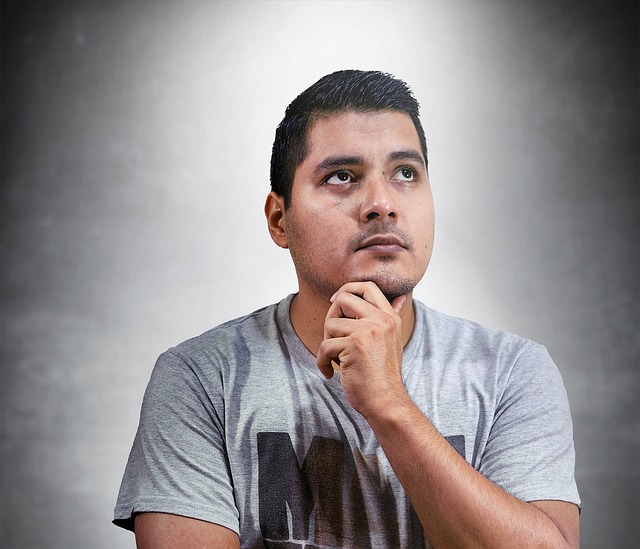I have previously discussed a range of obstacles that can impact on our attempts at meditation – aversion, sleepiness, desire and restlessness. Today I want to concentrate on “doubt” as an obstacle or source of distraction during meditation.
Doubt is a common experience during meditation, particularly for people who are at the early stages of meditation practice. We can doubt ourselves. whether we are doing it right or whether we are progressing at some ideal rate. We can also doubt the process of meditation itself because we are so easily distracted, or we may not be experiencing the benefits that are claimed for meditation practice.
It is a common experience in learning any new skill, such as playing tennis, that we will have doubts and some confusion about what we are trying to learn. It is also easy to give up when we are in the early stages because we are conscious of our incompetence. Early on in meditation practice we are assailed with all kinds of obstacles and we can experience the strong temptation to give it away. However, persistence pays in meditation as in other facets of our life.
We can find it really difficult to deal with the endless thoughts that assail us during meditation – the distraction of things to do, mistakes made, future pleasant events and related desire, impending difficulties or current challenges. By letting these thoughts pass us by and returning to our focus, we are building our “meditation muscle” – our capacity to restore our focus no matter what the distraction or how often distractions occur.
With persistence in meditation we are able to bring our renewed level of self-awareness and self-management more and more into our daily lives – to overcome the challenges, tests of our patience and disturbances to our equanimity.
Overcoming doubt during meditation
Diana Winston, in her meditation podcast on managing doubt during meditation, provides us with some sound advice on ways to overcome these doubts as we meditate:
- Accept the doubts – acknowledge the doubt as the reality of “what is” for you at the present moment. Focusing on the doubt and its manifestation in your body, enables you to name your feelings associated with the doubt and to “look it in the face”, rather than hide from it.
- Don’t beat up on yourself – doubts assail everyone, particularly in the early stages of engaging in meditation practice. The doubts themselves can lead to negative self-evaluation if you think you are the only one who has doubts.
- Spend more time on being grounded during meditation – this process can take us out of our doubts and ground us more fully in the present moment. Diana suggests, for example, spending more time on scanning your body for tension and letting go to soften the muscles in your abdomen, shoulders, back or neck. Another suggestion she makes is to focus on the sounds around you – listening to them without judgement as to whether you like them or not, just focusing on the sound itself.
- Remind yourself of your motivation in doing meditation – are you practising meditation to gain self-control, improved concentration, calmness in the face of stress, improved resilience in dealing with difficult situations or general wellness? If you can focus in on your motivation, you will be better able to sustain your meditation practice. Learning any new skill takes time and practice and a sustained vision of the end goal.
As we grow in mindfulness, we can overcome doubts that serve as obstacles to our progress. We can avoid the self-defeating cycle of indulging our doubts – our indulged doubts impact the effectiveness of our meditation which, in turn, increases our doubts about the value of meditation for us when we are already time-poor.
By Ron Passfield – Copyright (Creative Commons license, Attribution–Non Commercial–No Derivatives)
Image source: courtesy of danymena88 on Pixabay
Disclosure: If you purchase a product through this site, I may earn a commission which will help to pay for the site, the associated Meetup group and the resources to support the blog.
